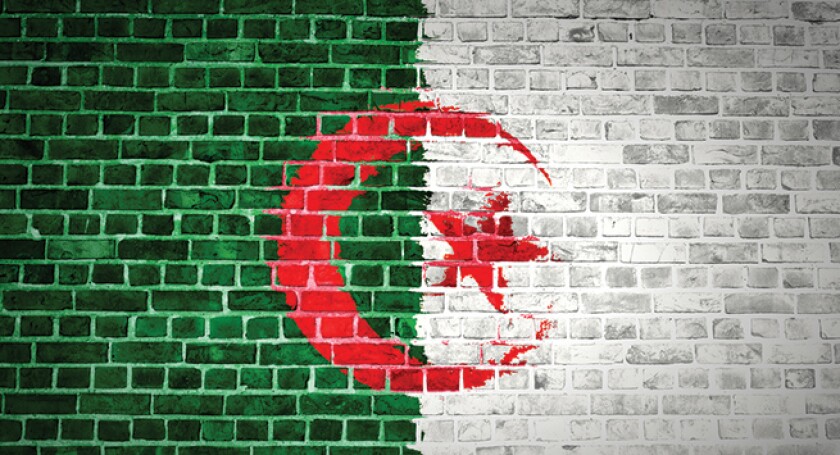Algeria’s is one of MENA’s largest mobile markets with 43mn subscribers. The country has experienced rapid growth in 3G and, with 4G licenses awarded to all three operators in May of this year, further investment in network rollout is underway. Co-locations on the country’s 18,000 towers have been limited to date, however a new RANsharing agreement between Djezzy and Ooredoo promises deeper infrastructure sharing in the country. Such RANsharing, along with limits on foreign direct investment however present key obstacles to be overcome if there is to be a tower sale in the market, a move that is being explored by leading operator, Djezzy.

